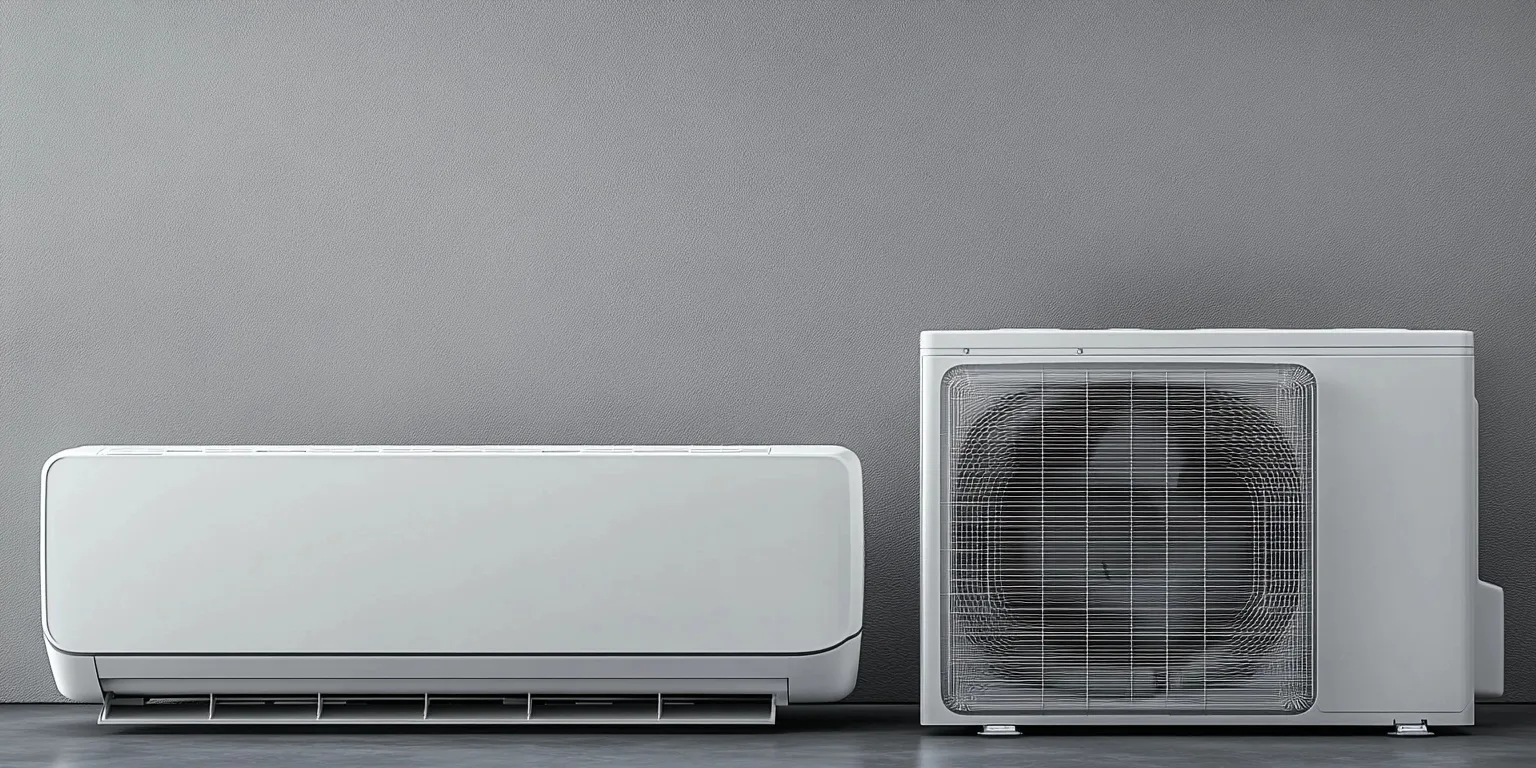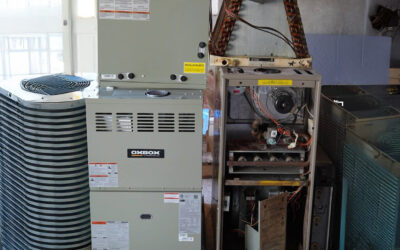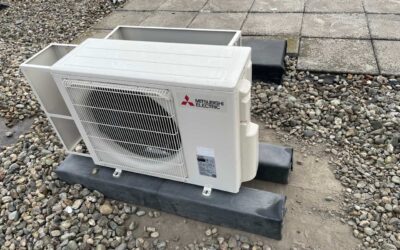Mini Split vs Central Air: Which Wins in Southcoast MA?
As someone who has worked with countless homeowners in Southcoast MA to install both mini splits and central air systems, I know firsthand how tough this decision can be. Both systems have their pros and cons, and what works best really depends on your home’s layout, your budget, and your long-term goals.
In this post, I’ll share my experience working with these systems, explain the key differences, and help you decide which might be the right choice for your home. Let’s break it down.
Understanding Mini Split and Central Air Systems
When I first started installing mini splits, I was impressed by how versatile they are. They’re ductless, which makes them a great solution for older homes or additions where running ductwork just isn’t practical. On the other hand, I’ve also seen homes with existing ducts benefit greatly from a central air system that seamlessly integrates into the current setup.
What Is a Mini Split System?
In my experience, homeowners love mini splits for their zoning capabilities. For example, one client in Dartmouth wanted to cool their bedroom at night without wasting energy on the rest of the house—and a mini split was the perfect solution.
If you’re curious about the broader benefits of mini splits, check out our blog: Benefits of Installing a Mini Split System.
Key Benefits:
- Highly energy-efficient, often reducing utility bills.
- Ideal for homes without existing ductwork.
- Flexible zoning for customized comfort.
Want to know if mini splits are right for your garage or addition? Read our post: Small Mini Split for Garage: 110 vs. 220.
What Is a Central Air System?
Central air systems are fantastic for homeowners who want whole-house cooling without thinking about individual zones. I’ve installed central air in homes with existing ductwork, and the process is usually straightforward. However, when ductwork needs to be added, the project can become much more invasive and costly.
To learn more about central air and its comparison with other systems, explore Why a Mini Split AC Unit Is the Perfect Solution for Your Home’s Cooling Needs.
Cost Comparison: Mini Split vs Central Air
Cost is always one of the first things my clients ask about, and for good reason.
Installation Costs
From my experience, mini splits are a game-changer for homes without ductwork. They’re quick to install and don’t require tearing into walls or ceilings. I remember working on a historic home in New Bedford where a mini split was the only feasible option—it saved the homeowners from the headache of installing ducts in their 100-year-old property.
For specific pricing insights, see Understanding the Costs of Installing a Mitsubishi Mini Split System.
Operating Costs
This is where mini splits often come out ahead. One family I worked with in Fall River noticed a drop of over 30% in their monthly cooling costs after upgrading to a ductless system. These energy savings are common because mini splits avoid the inefficiencies of ductwork.
Learn more about energy efficiency and operating costs in The Efficiency of Mini Split Systems.
Energy Efficiency: Mini Split vs Central Air
One of the main reasons I often recommend mini splits is their superior energy efficiency. They’re designed to minimize energy waste, which makes a huge difference in the long run. I’ve worked with homeowners who prioritize sustainability, and mini splits are almost always their first choice.
To better understand how mini splits and heat pumps can perform efficiently, even in colder months, read Dispelling the Myth: Split Heat Pumps Can Heat Efficiently in Colder Months.
Maintenance: Mini Split vs Central Air
Proper maintenance ensures long-term performance and efficiency for both systems.
Mini Split Maintenance
Mini splits are low maintenance, requiring regular cleaning of filters and outdoor unit inspections. I’ve had clients remark on how easy it is to keep their mini split running smoothly compared to more traditional systems.
For a comprehensive guide on keeping your mini split in top shape, visit How Often Should You Schedule Maintenance for Your Mini Split Ductless System?.
Central Air Maintenance
Central air systems require more frequent maintenance due to their reliance on ductwork. Periodic duct cleaning is essential to prevent dust buildup, which can reduce system efficiency.
Which Is Right for Your Home?
The decision between a mini split vs central air system depends on your specific needs. Here’s what I’ve learned from working with homeowners across Southcoast MA:
Choose Mini Splits If:
- Your home lacks existing ductwork.
- Energy efficiency and zoning flexibility are priorities.
- You want tailored comfort in specific areas, such as multi-level homes or room additions.
Curious about multi-zone systems? Read Benefits of Installing a 3-Zone Mini Split HVAC.
Choose Central Air If:
- Your home has pre-existing ductwork.
- You prefer a single system to cool the entire house uniformly.
- A discreet, whole-house cooling solution is preferred.
Final Thoughts: Mini Split vs Central Air
Over the years, I’ve seen both mini splits and central air systems transform homes in Southcoast MA, making them more comfortable and energy-efficient. The right choice ultimately depends on your priorities, but I hope my experience has shed some light on what each system can offer.
Still unsure? At Armus Mechanical, we’ve installed hundreds of systems, and we can help you decide on the best fit for your home. Contact us today for expert guidance and a free quote!




